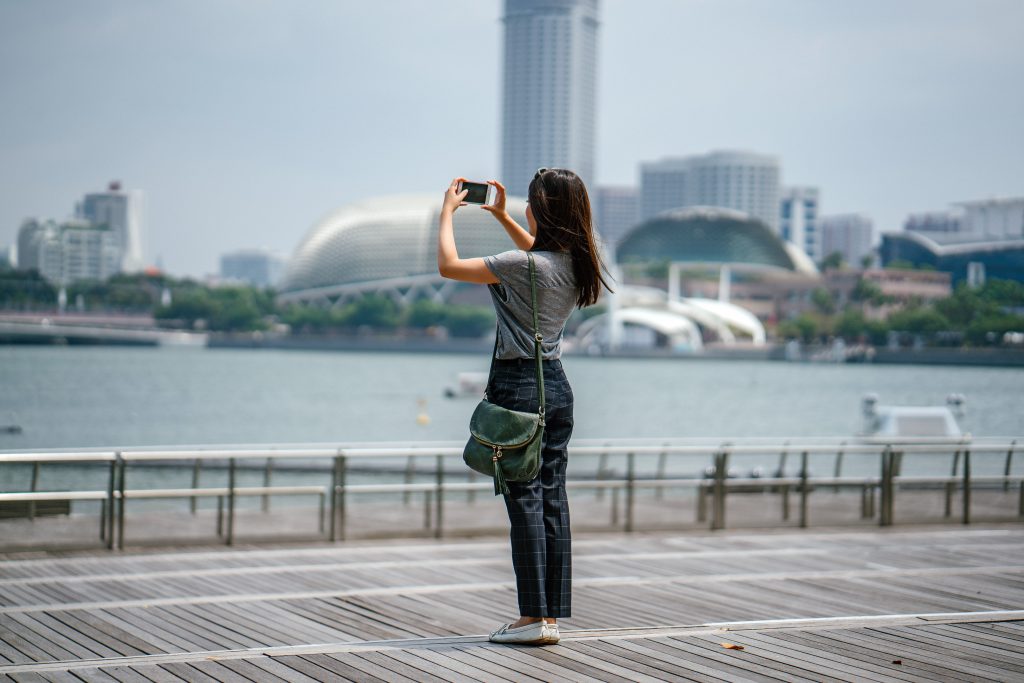Why is Culture Shock in Expatriation More Difficult for Spouses?
culture shock in expatriation
Are you an expatriate spouse? Were you happy to move to a new country?
Did everything go as planned: are you settled into your new home, with your children in school,
surrounded by beautiful places and nice people, but something still doesn’t feel right? So far, are you finding the expatriation harder than your spouse?
What’s going on? It’s very likely this is culture shock.
This happens to most expatriates after arriving in their new country. To better understand this, here is a standard trajectory of your state of mind during an expatriation:
When you arrive in a new country, the attraction of novelty and discovery excites you; everything is beautiful, everything interests you because it’s different, and you see the good side of things. Then, all of a sudden, things change. You find that certain things were better at home, and you don’t understand the way things work here, like cultural differences and systems.
This realisation corresponds to culture shock. All expatriate spouses and expatriates are likely to experience this with varying degrees of intensity.
Culture shock can be very difficult to live through, especially during the first expatriation, and it leads to an uncomfortable feeling, which can resemble depression (or even turn into depression for some). It is important to know that this is a normal process.
Why is culture shock easier for the expatriate than their spouse?
- The expatriate is in a work environment and is not alone. They have colleagues who are ‘locals’, and who can answer their questions about cultural attitudes and norms.
- They often have training on cultural differences organised for them by work.
- They have little or no connection to logistical issues which can be a real headache, especially when you don’t speak the language.
In short, their integration is easier because they are surrounded by people who can help and they are given much more help to understand their new location.
You may also be interested in: How to get Involved with Sport in Paris
As for the spouse; it’s another story!
Most of the time, the expatriate spouse is alone at home, having to juggle the children’s school, any logistical issues (internet, electricity, furniture to buy etc.), and appointments (doctor, visa…).
The spouse is therefore alone, generally not speaking the language, not knowing the new culture and having few external interactions, especially at the beginning (nobody is there to explain to you why the baker is not speaking to you today). Therefore, they can feel the culture shock much more than their partner, and this is normal!
How can you alleviate the symptoms of culture shock as an expat spouse?
1 – Learn the Language
The first thing that helps the most and will open many doors for you: learning the language of the country. As Nelson Mandela said: « If you talk to a man, in a language he understands, you are talking to his head. If you speak to a man in his language, you speak to his heart. «
The language will give you a better understanding of the host country’s culture, and you can ask your questions! If possible, learn in a small group: it is good for your learning and you will get to know people who can help you.
2 – Form a Network
To get through the culture shock, it is important to be surrounded by people, it helps a lot. It is important to develop new friendships. Join a sports club, volunteer for a charity etc.
Go out to events with other people and then organise a meet-up with the people you want to get to know better.
If you don’t speak the language yet, you can usually find groups that speak your language.
3 – Create Habits
Creating habits is a good way for people to identify and create a bond with you; go and have your coffee after dropping off your children in the same café, regularly.
You will see that as time goes by, the staff and customers will recognise you (and you too) and will start to come and talk to you. Find habits to set up that correspond to you: take your dog out, in the same park, at the same time; you will see that it reassures people!
4 – Understand Cultural Differences
To understand what makes us different, you can find explanatory videos on Youtube.
Here is one from our Absolus, about the things that shocked them when they arrived in France. You will probably find some on your new country too. Although this might not be enough, it will point you in the right direction and allow you to get on better with the locals.
Finally, try to find ways to meet local people, and ask them questions so that you can better understand them.
5 – Give it Time
Culture shock is an integral part of expatriation, and should not worry you.
If you know about this moment before it happens, it will help you to prepare better. However if you weren’t aware, you now have all the keys to make this situation go well. If you’re an expatriate spouse and live in the Paris area you should know that we have been welcoming spouses of expatriates for over 10 years to help them to enjoy their time here and integrate more easily.
Happy expatriation to all, and don’t hesitate to share your culture shock experience with us in the comments!
Join the Absolutely community!
This may interest you: Our top 5 Parks in Paris
culture shock harder expat spouse culture shock harder expat spouse
Absolutely French is the first French language school dedicated solely to expatriate spouses and expatriates.
Our main mission is to promote dual careers for expatriate couples.
Our fun, friendly and innovative French courses guarantee a successful integration!
Want to learn with us? Register an expatriate spouse?
Contact us!
E-mail: contact@absolutely-french.eu
Tel: +33 (0) 1 83 73 98 49
Address: 15 rue du Colonel Moll, 75017, Paris
To discover : July 14th
why is moving in a new country hard for me





Comments by Absolutely
Les fêtes en France
Hello Koby, of course, you are welcome to share it ❤️
Conjoint d’expatrié, comment s’intégrer en France?
Thank you Wyatt! Are you also an expat partner? An ...
5 millions de femmes expatriées : conjoints d’expatriés
Merci Vieira Elisangela, pour toutes les femmes expatriées! Nous avons besoin ...
Alexandre Besombes – Unique Paris, conciergerie de luxe
Hello @IrenStymn, in Absolutely French or in Unique Paris? It's ...
Les fêtes en France
Thank you Gavin! We love your comment! We will continue and ...